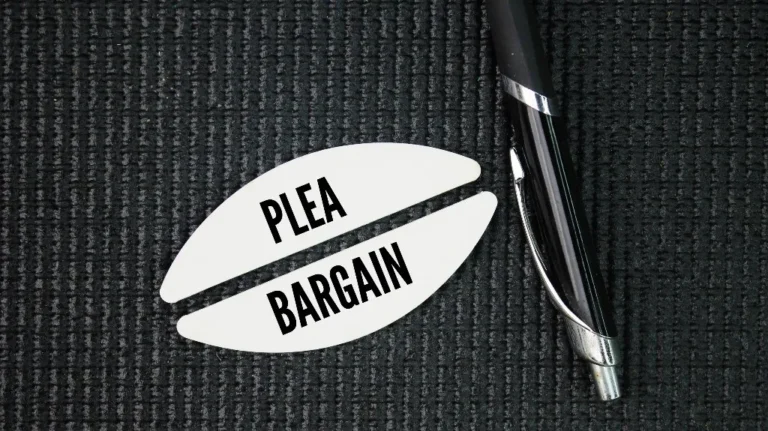
When we talk about justice, the most powerful tool an accused person has is the right to a trial. It’s the moment when the tables turn, and the government must prove its accusations to a group of everyday citizens. The right to trial for serious offenses is guaranteed by the Constitution and is the essential democratic mechanism that forces transparency, demands accountability, and ultimately puts the power to decide guilt or innocence squarely back into the hands of the community. While it might seem out of place or odd, the “sandwich thrower” case is a prime example of that.
The “sandwich thrower:” Who he is and his journey to trial
According to NPR, Sean Dunn, a former Department of Justice paralegal, was captured on video yelling at federal agents and throwing a salami sub sandwich at the chest of a Customs and Border Protection (CBP) agent, Gregory Lairmore, in Washington, D.C. Dunn was reportedly upset, believing the agents were about to conduct an immigration raid at a nearby gay nightclub.
The U.S. attorney’s office in D.C. initially tried to charge Dunn with felony assault. When a grand jury failed to indict him on that charge, the case was downgraded to a misdemeanor charge for assaulting or impeding a federal officer, a lesser charge that carries a sentence of up to one year in prison. Dunn took his case to trial.
The Right to Trial by Jury in America
The right to a jury trial is enshrined in the Sixth Amendment of the Constitution:
In all criminal prosecutions, the accused shall enjoy the right to a speedy and public trial, by an impartial jury of the State and district wherein the crime shall have been committed, which district shall have been previously ascertained by law, and to be informed of the nature and cause of the accusation; to be confronted with the witnesses against him; to have compulsory process for obtaining witnesses in his favor, and to have the Assistance of Counsel for his defence.
Courts have interpreted that the right to trial by jury in America applies for “serious offenses,” meaning when the accused person is looking at a potential sentence of six months or more.
A jury trial can also be waived and the accused person can have a trial in front of the Judge only, but this requires consent from the government and approval from the court.
What Should a Person Consider when Determining Whether to go to Trial or Plead Guilty?
Often times we are asked by our clients whether they should go to trial or plead guilty. This depends on several factors and the decision rests solely with the accused person. However we examine the following when advising our clients:
- The strength of the evidence: can the state’s evidence meet the standard of “beyond a reasonable doubt?” Is the government’s evidence direct or circumstantial? What weaknesses do they have in their case? Can a motion to suppress be filed?
- The penalty at stake: Has the government offered a way to resolve the case outside of trial? What did they offer? Is that firm or can the government’s plea offer be affected by the sentencing guidelines?
- How will trial affect sentencing? Will bad facts be heard at trial that will cause the fact finder to sentence the accused to more time?
It is important that you discuss these factors with your lawyer before trial to determine the best outcome.

The Dunn Case: the right to trial in Action
Dunn tried his case to a jury, as he was eligible to given that his crime was punishable by up to a year. The jury of his peers ultimately found him not guilty of the misdemeanor assault charge after deliberating for about seven hours. The jury trial was crucial in this high-profile case, as it served as a check on the government.
Ultimately, the right to a trial is what keeps our system honest. It is the final, essential mechanism that prevents overreach by the state and ensures that freedom is taken seriously. By demanding that the government prove its case, not just to legal experts, but to a diverse group of ordinary citizens, we safeguard the principle that no one is above the law and that every voice deserves to be heard.
If you are charged with a crime, reach out to the lawyers at Guest and Gray today at the information below so we can discuss your case with you.




